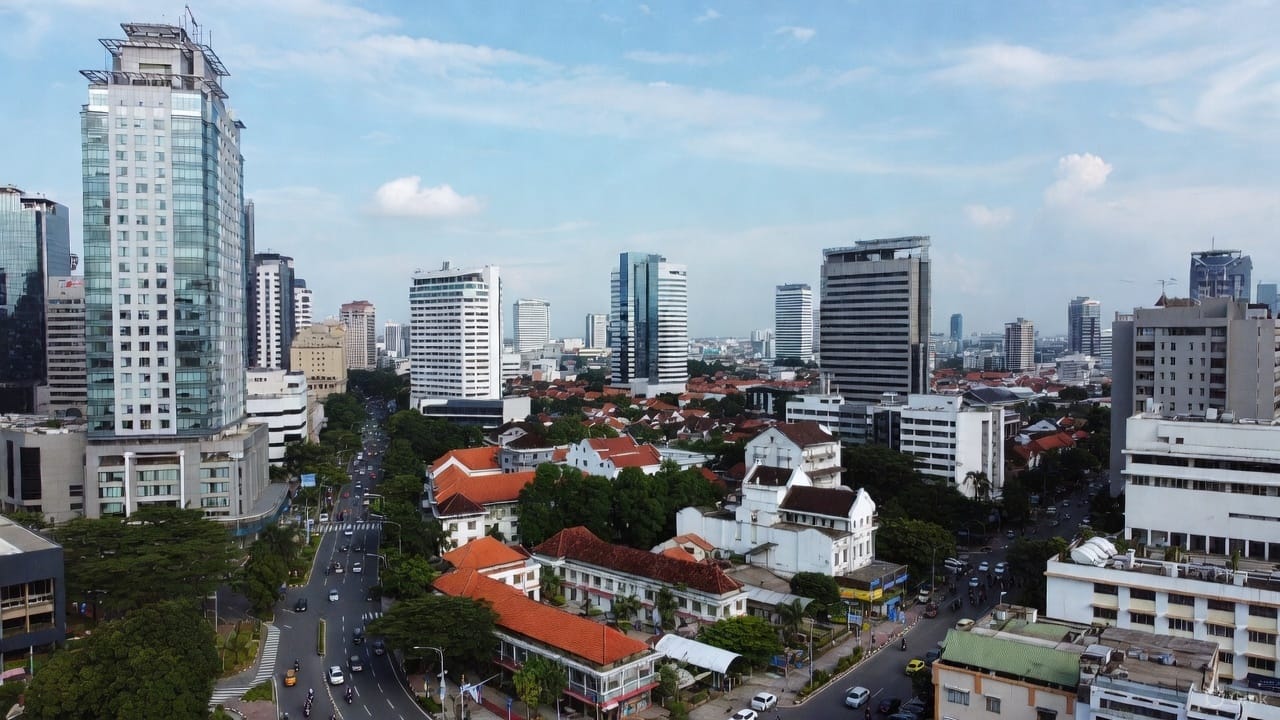- Shortlysts
- Posts
- Jakarta Moves Past Tokyo to Become World’s Most Populous City
Jakarta Moves Past Tokyo to Become World’s Most Populous City
Jakarta surpasses Tokyo to become the most populous city in the world with forty-one million inhabitants.

What Happened?
According to a recent United Nations report, Jakarta, Indonesia, is now the largest city in the world with a population of forty-one million people. Tokyo had been the world’s largest city for over a decade, with a population of thirty-four million, but is now third place on the list. Dhaka, Bangladesh, with a population of thirty-six million, is now the second most inhabited city globally.
The World Urbanization Prospect’s 2025 report from the United Nations Department of Economic and Social Affairs determined the number of megacities, defined as urban areas with more than 10 million inhabitants, has increased to thirty-three. A fourfold increase from the eight megacities that existed in 1975.
Why it Matters
The massive growth in the number of large urban centers is already transforming human societies, economies, and governments. Since the late twentieth century, the shift from rural to urban societies has been well underway, but that trend has accelerated in the twenty-first century. Today, more human beings live and work in cities than in the countryside, which is a first in human history.
Join Derek Jeter and Adam Levine
They’re both investors in AMASS Brands Group. You can join them and get up to 23% bonus stock. But only if you invest by Thursday, Dec. 4.
Why invest? They’re growing fast. Their brands cover everything from organic wine to protein seltzers. So with consumers seeking healthier options in the $900B beverage market, it’s no surprise AMASS has made over $80M to date, including 1,000% year-over-year growth.
They have even more ambitious plans for the future too. They’ve reserved the Nasdaq ticker $AMSS, enlisted a major investment bank to fuel their growth, and plan to 3X their retail footprint by 2028.
But your chance to amplify your investment with bonus stock ends soon. Become an AMASS Brands Group shareholder and secure your bonus stock by Dec. 4.
Disclaimer: This is a paid advertisement for AMASS’s Regulation CF offering. Please read the offering circular at https://invest.amassbrands.com
Cities like Jakarta, Dhaka, and Tokyo have become places where large numbers of people from the countryside come to find work, which has driven a boom in construction and accelerated the physical growth of these large urban landscapes. In China, as many as forty million people a year move from the countryside to cities seeking jobs, livelihoods, and adventure. In countries with swelling populations like India and Nigeria, millions pour into cities each year, bringing with them their own culture, languages, and sometimes, new diseases.
Like many capital cities, Jakarta is the financial hub of Indonesia, which makes it a place where inhabitants can earn many times as much money as they could from rural or agricultural jobs. Urban growth is being fueled by wealth-seeking young people who have become disillusioned with the lack of opportunities in their small towns or villages. While these new urbanites bring with them new energy and vigor, they also put a strain on the capacity of large cities to sustain such enormous populations.
Political and social unrest have also increased in megacities as authorities struggle to control surging populations. New forms of law enforcement, such as high-intensity policing, have become more common in megacities. When inhabitants from remote rural areas come to the city, they could also bring with them unidentified illnesses, and it is likely that the next pandemic will start in a megacity like Jakarta.
How it Affects You
Human society is likely to continue becoming more urban in the twenty-first century. This has created feelings among inhabitants of the countryside that they have been left behind, or that cities have become places dominated by foreigners and places where traditional values have been abandoned. It is likely the anti-immigration sentiment in countries like the United States is at least in part due to resentment among rural populations for the growth of the power and wealth of cities.
